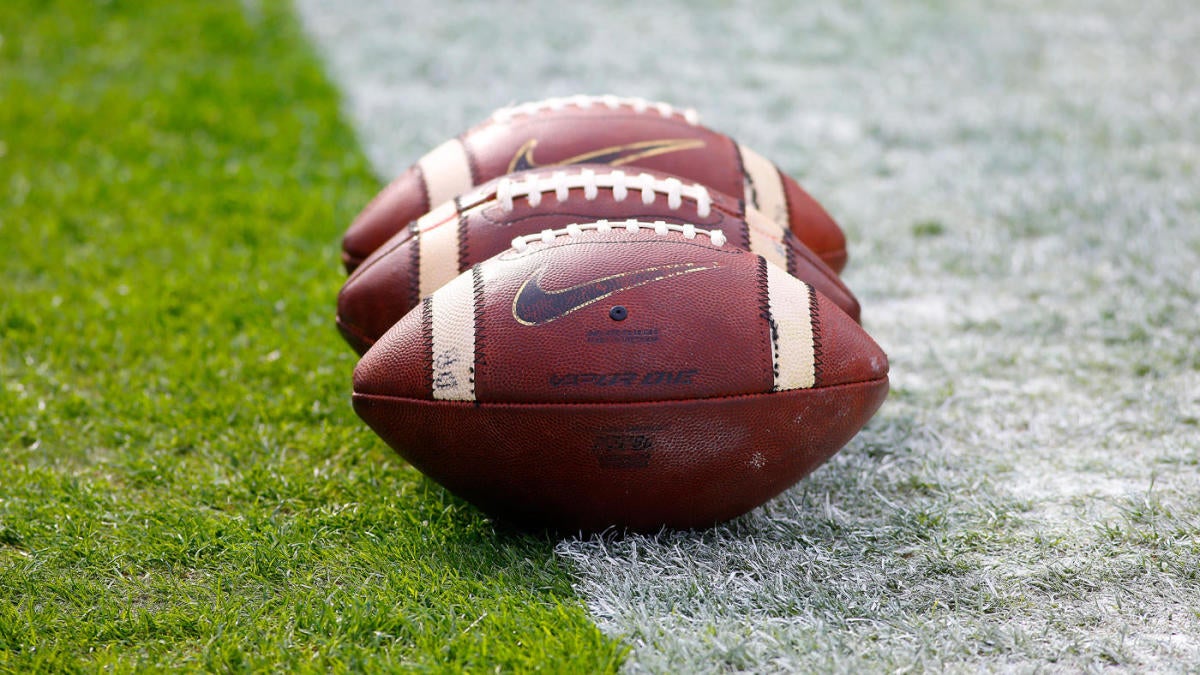The question we're discussing is not what I'm OK with but rather what this bombshell NCAA revenue-sharing settlement means for NIL in particular and college sports in general.
On that topic, I think we're both right: NIL will continue to exist but in what form and under whose control is not clear. In fact, very little is clear in the wake of the announced settlement.
I found a handy FAQ about the settlement on 247 Sports and here are some key excerpts on the subject of NIL:
>>Will There Still Be NIL?
Yes. But probably not to the degree we've seen in this chaos era of college athletics.
Players will still be allowed to utilize their NIL rights and make money by striking brand deals.
It also would not be a surprise to see schools distribute the revenue by striking a contract that allows them to purchase exclusive use of a player's NIL rights.
Will Collectives Still Exist?
Yes, but this is where the idea of "NIL" – at least the pay-for-play version of NIL fans have come to know – becomes more complicated.
Collectives aren't going to go away. In some ways, their role may become even more important...
"Collectives aren't going to go away if there's a salary cap," The Collective Association President Russell White told CBS Sports. "Universities will continue to want to compete above and beyond (the base revenue shares)."
There is, however, a question of how NIL will be enforced in this new era.
I'd expect many schools to bring their collectives in-house, which should circumvent some of the, ahem, craziness we've seen in recent years...
But will the NCAA have more teeth in terms of enforcement given the new rules? Will another enforcement entity arise? We'll see. It seems like the NCAA would have more legal standing to do so after this settlement. But this is also a different sort of problem to solve. Previously, the NCAA was enforcing amateurism. This is monitoring a salary cap. Very different jobs.<<
Note that last paragraph about NCAA enforcement. That means potential authority to ride herd on NIL.
So the bottom line as best we can figure it with the reported facts on hand and key questions unanswered: NIL is not going away...but it is going to change and be reined in.
